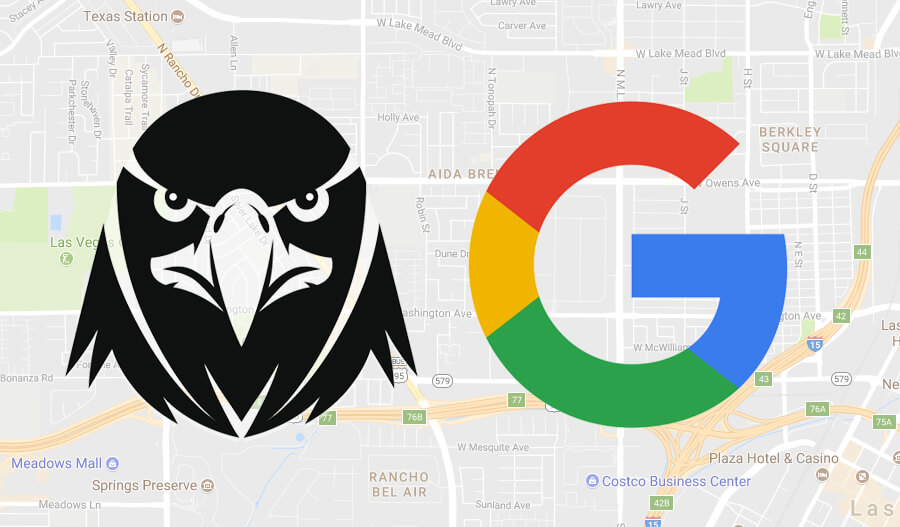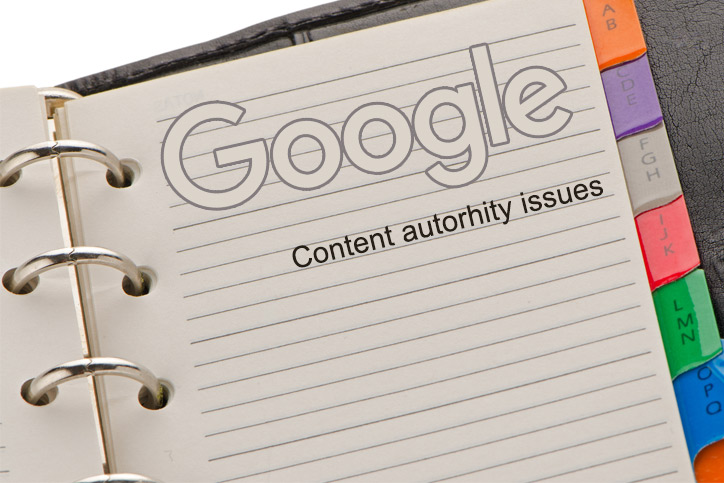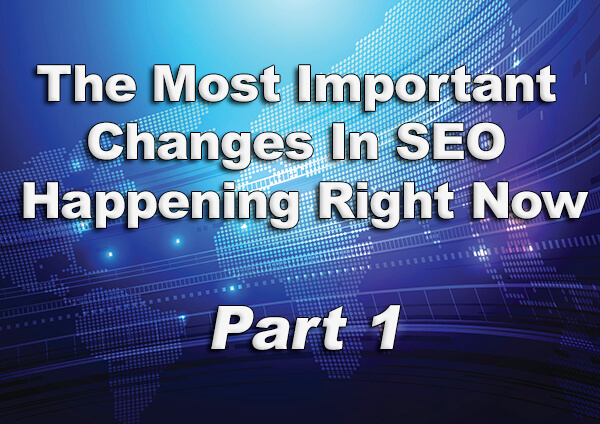Published on: September 26th, 2017 | Author: 411 Locals | Category: Google
Reading Time: 2 minutes
Apparently, there was an algorithm update at the end of August that impacted the local results. It didn’t affect the non-local organic results. This update is what we dedicate the post of 411 Locals to.
Here is what changed:
Changes occurred in the way of work of the local filter. The history here is that Google actively filters listings from the local results, which look similar to listings that have already ranked. Google chooses the most relevant listing, filtering the rest. This is much like what they do with the duplicate content organically. (Note: Google usually does not confirm algorithm updates, but usually only says that it comes up with several updates every day. These observations, however, are based on the way local results have changed rather than on an official announcement or acknowledgement.)
This filter has existed for some time and helps to make sure the search results are not monopolized by several listings for the same company. In September last year, another update made a significant change to the way of work of this filter. It didn’t just filter listings with the same phone number or website but also listings physically located near one another.
This became extremely problematic for businesses as it meant that of two businesses that were in the same building or even one block apart, one could get filtered out of local search results. Meaning that the competition could inadvertently bump your listing.
(more…)
Published on: September 13th, 2017 | Author: 411 Locals | Category: Google, How To's and Guides, SEO
Reading Time: 4 minutes
Today’s topic of 411 Locals is what Google considers to be low-quality pages and what SEOs and marketers should do to avoid them. Let’s start by saying what constitutes quality according to this search engine:
- Unique content that is more than different words and phrases. The content should also provide value.
- Lots of external sources editorially linking to a page. If a page is reference-worthy, it must be high-quality.
- The page must be referenced by other high-quality pages, not just sources or domains linking to this. The links can be internal or external.
- The page should successfully answer the query of the searcher. How does Google know this? When someone searches for something, they perform the search and then click on a link. If the results are not satisfying to the searcher, they will click back and choose a different result. This is how Google learns a page does not answer the searcher’s query, especially if it happens a lot.
- High speed of loading.
- High quality accessibility and intuitive user design and experience on any device – desktop, laptop, mobile, tablet.
- Content that is grammatically correct and well-spelled.
- The non-text content should have text alternatives. For this reason, Google encourages the use of the alt attribute.
- Content which is organized well and is easy to understand and consume. Trust us, they have their ways of knowing this.
- Content which points to additional sources where from to get more information, follow-up on tasks, or cite sources. What does this are links externally from a page.
The list above is far from exhaustive, but it contains some of the things which tell Google which pages are high quality and which are not.
How SEOs and marketers filter pages on sites to identify whether their quality is high or low.
Here’s what you should NOT overestimate the importance of: (more…)
Published on: May 12th, 2017 | Author: 411 Locals | Category: Google
Reading Time: 3 minutes
411Locals has always been very responsible when it comes to the quality of website content it produces, and we always aim at creating content of authority. That is why we are always up-to-date on this topic. In this article, we will tell you how Google fights the issue with search quality. Examples of problematic content are fake news, disturbing answers, or offensive search suggestions which appear at the top of Google’s results.
What could the solution be? To begin searching for this answer, we must first explain how Google measures the authority of a website content. To begin with, there is no single “authority” metric. Instead, Google considers various undisclosed metrics, for which it is even possible to vary depending on the query.
PageRank – the first authority metric:
In the dawn of Google, the search engine had only one authority figure – PageRank. What it did was look at the links leading to pages. The search engine counted the number of links received by a page, which helped Google derive a PageRank score for this page.
But rewarding pages with many links was not all Google did. It also attempted to assess the importance of those links. Pages with links from other “important” pages ranked higher than pages with multiple links from not so authoritative other pages.
Even pages with much authority — a high PageRank — couldn’t always make it to the top of Google’s search results. PageRank was only one aspect of the ranking algorithm of Google. The actual words within links were of great importance. The words on the web pages themselves also mattered, as well as other factors. (more…)
Published on: March 20th, 2017 | Author: 411 Locals | Category: Google, Local SEO, Marketing, SEO
Reading Time: 2 minutes
Reliable Methods Tested by 411Locals
Google Keyword Planner is an essential tool and it is important to know how to use it. However, you have other options to find new phrases and synonyms for your SEO campaign apart from its basic function. Here are some of the suggestions offered by 411Locals:
Competition Research
Just open a competitor’s site and explore what kind of keywords he has used in his copy (text). Look in the headings, the beginning of the paragraphs, as well as in image titles. You can also check the source of the web page (Ctrl+U). There you can look for “keyword” tag (use Ctrl+F) and check what they have entered. Bear in mind – not everyone is putting their keywords there. Then you can copy/paste those words in Google Keyword Planner (GKP). Do you remember that “Your landing page” section just under the field where you enter the words? Paste the competitor’s URL there. Use the filters and you can get some really neat suggestions.
Google Suggest
Simply type your keyword in Google Search. At the bottom, you will find a few suggestions from the engine. When you find something relevant, go one step forward. There you will find even more synonyms. Then you can check each one of them in GKP to see if the words have value. (more…)
Published on: September 28th, 2016 | Author: 411 Locals | Category: Google, Marketing, SEO
Reading Time: 3 minutes
The most popular search engine removed more than 1.75 billion sites from its index and the number is growing. It is a huge purge, happening after a 53% increase in the copyright requests. Another major change is the AdWords Quality score improvement, which is deadly to keywords with insufficient data, new keywords, or keywords with sparse recent history – all of them now getting a zero number. And this is only the tip of the iceberg. 411Locals will summarize all important factors since the latest changes rolled out. You need to know the following in order to survive in the SEO environment for the end of the month:
Copyright Requests Might Get Your Website Hit
With virtually absent pending requests at the moment, it appears that the copyright section of Google is quick at responding requests. The search engine is not the active part in the lookout for copyright infringements – the owners send the copyright takedown requests. The guilty URL will be taken down from the search results after a notification, so beware of such messages when checking Search Console. (more…)
Published on: August 17th, 2016 | Author: 411 Locals | Category: 411 Locals, Google, SEO
Reading Time: 2 minutes
As an SEO strategy, link building has nothing to do with the spammy process it was five years ago. Most webmasters and SEOs nowadays consider the whole thing to be some sort of a Pandora’s box. According to the last survey 411Locals, link building gets awfully neglected as a strategy. What’s more baffling is that the number of participants not using link building is almost 40 percent. So, how can you put this old and once-great approach to work for you again?
Adapting to 5 Years Of Changes Will Do
Ignoring such a valuable ranking factor is inexplicable, given the fact that Google calculates authority mainly by using backlink profiles. The solution in 2016 is to focus on link quality instead of link quantity. This is the single most relevant strategy since the first Penguin update. Which leads to the second important principle.
Avoiding Penalties Means Building High-Quality Links
The successful approach to link building means that your link building campaign will take time – time you should be spending productively. And building hundreds of bad links just to disavow them if an update penalizes your site is indeed a waste of your precious time. (more…)








